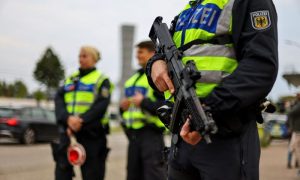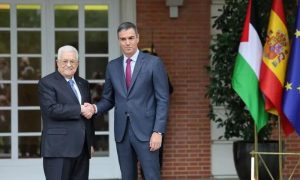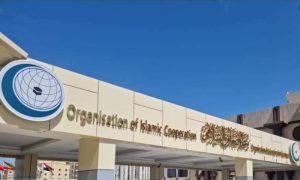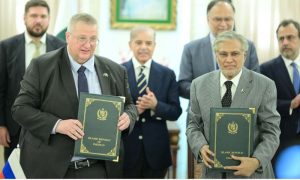MOSCOW: Russian President Vladimir Putin has said that Kyiv’s intrusion into Kursk region will not stop Russian advance in east Ukraine and pledged to deal with Ukrainian “outlaws” there.
Ukraine’s surprise August 6 intrusion into Russia has displaced about 130,000 people and seen Ukraine hold on to areas of the border Kursk region.
Russia has since continued to press into east Ukraine, resisting pulling forces from Ukraine towards Kursk. “Their intention was to stop our operation in key parts of the Donbas. The outcome is known… They did not accomplish stopping our advance in the Donbas,” President Putin told students in Siberia.
The Russian leader said they are seeing advances at a “rate that we did not have for a long time.” Ukraine has said one of its aims of going into Kursk region was to stretch the Russian army and force it to pull reserves from eastern parts of Ukraine.
Earlier, Putin accused Western countries of persecuting Russian journalists to suppress “truthful information,” according to an interview published Monday by the Mongolian newspaper Onoodor.
His comments come shortly after Moscow barred 92 U.S. citizens, including journalists, from entering Russia, citing what it described as Washington’s “Russophobic” policies. Putin criticized the West, which he claims holds itself as a model of freedom, for engaging in “open persecution” of Russian correspondents.
Putin argued that Russian media faces “direct censorship” in nearly all Western countries and accused Western governments of restricting Russian media to suppress their viewpoint on global issues. In response to perceived biases, Russia has targeted Western media, with lawmakers passing a bill that allows for the shutdown of foreign media bureaus in Moscow if their home countries are deemed “unfriendly” to Russian media.
Meanwhile, Washington has imposed sanctions on several state-run Russian TV stations, alleging that they have spread disinformation in support of Russia’s war in Ukraine. The ongoing dispute highlights the deepening divide between Russia and Western countries over issues of media freedom and narrative control in the context of geopolitical conflicts.























